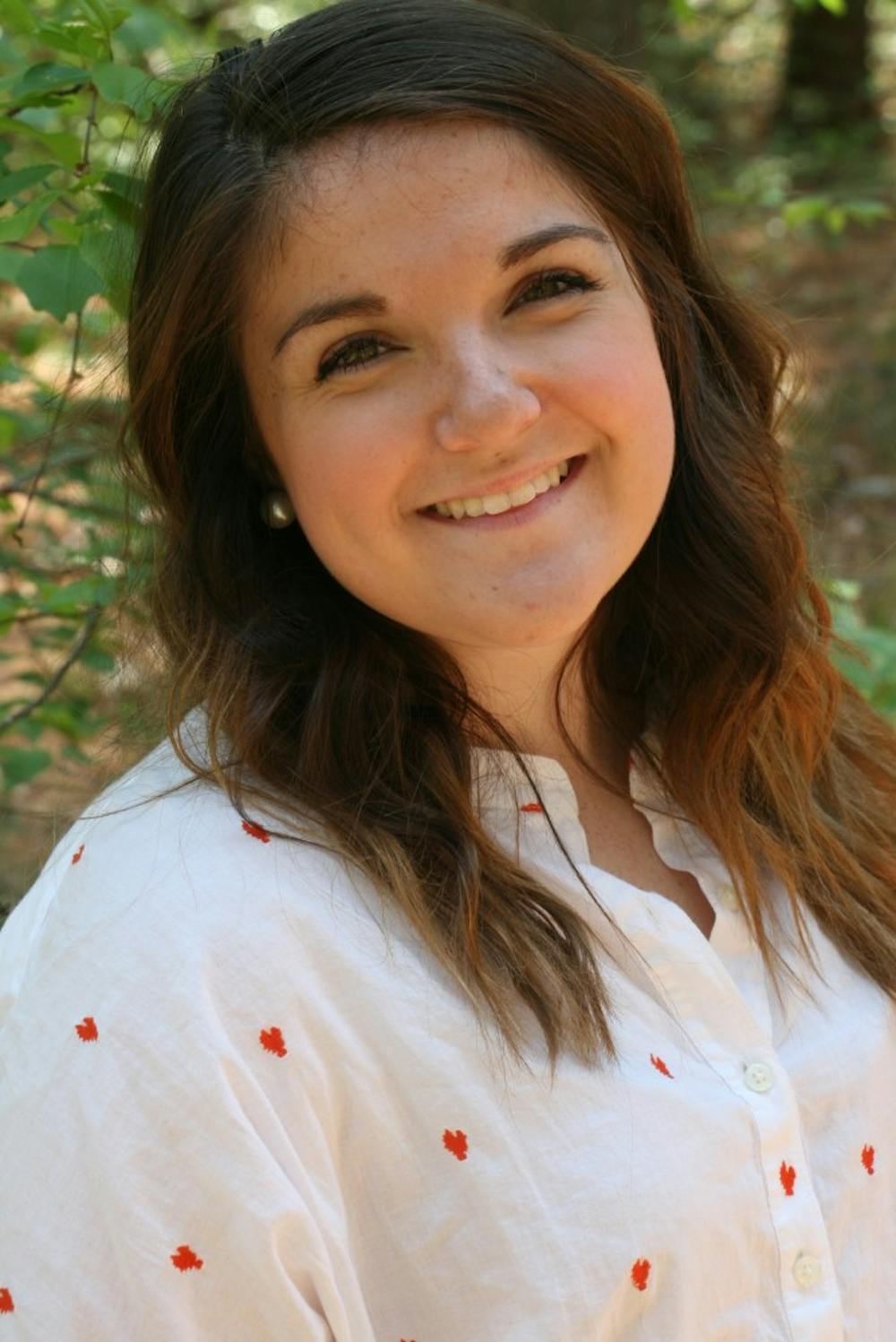It was a Tuesday. We sat in the cold backroom of the center, reading a book about lions. I was worried about finishing my service hours before the end of the semester and he told me he was worried about going to jail. I was frustrated because I had to continually stop and explain certain words. He was frustrated that his illiteracy could one day send him to jail. I had four years to make something of myself and he said he had until third grade.
Reality is a funny, complicated, world-separating concept. It cocoons you in one version of events, leaving you confused and defensive when the film is wiped from your eyes and new truths are revealed. My reality has always been sealed tight in a bubble of homogeneity and privilege. It has presented me with countless opportunities, any worries regarding my future never wandering far from which college I would apply to.
After one semester of a liberal arts education, I thought that I had learned pretty much everything I needed in order to start a life of advocacy work. My eagerness and naivety led me to a service-learning opportunity at Horton’s Kids, an after-school center in Anacostia. Because I had read countless articles and attended workshops, I felt prepared to be in a space where I knew I held privilege in regards to my race and class. The average high school graduation rate in Anacostia is forty-six percent, making these students thirty-six percent less likely to graduate than the “average” American student.
I was not prepared for the honest and the unapologetic way the students would make known the differences between us. These moments left me humbled and without a quick or well thought-out response. It became harder for me to return each week. Although I knew that volunteers were an integral part of the success of the center and therefore the success of the students, I also knew that I was not what they needed. I noticed that within my service learning orientation group, the majority of the students were not part of the communities we were serving but wanted to gain something from the experience, whether it was a new perspective or an insight into a faction of inequality.
While there is nothing inherently wrong with wanting to explore privilege, it is important to consider the context. When you are recognizing your privilege and unlearning privileged habits, you are scared to mess up. However, making mistakes is part of the process. When you mess up in designated environments, such as privilege workshops, it can be a positive learning experience. Yet that’s just it: lessons about privilege should not occur in spaces dedicated to increasing success among oppressed groups. It validates the idea that any sort of help is good help and perpetuates exploitation.
I didn’t know what to say to that young child with so much potential and so many fears about his future. At the end of the day, I got to ride the Metro back to my expensive education, eat dinner with my friends and push out his worries and uncertainties to the back of my thoughts.
At the end of the day, our encounter was a teaching moment about my own privilege. I was a tourist in that student’s reality. Offering no lasting help or real guidance, I was able to simply see what someone else’s life was like and then compare it to my own. I have no idea how the shock so evident in my expression or the hesitancy in my words affected him, his perception of the center or his attitude toward education. It is possible that it had very little impact at all; however, that is not a risk that should be taken.
Service learning is based on a mutually beneficial relationship between the volunteer and the community. Students are bound to learn something about the community they are serving, therefore realizing the goal of the program. However, students must view this glimpse into the struggles and lives of individuals in the community as an opportunity to offer them more meaningful support and not as an educational tool for their own self-actualization. This transfer of communication and understanding cannot occur if students are still figuring out how to process the most rudimentary facets of their privilege. But this is not to say that students should shy away from service learning or opportunities to engage with communities different from their own. In fact, do quite the opposite.
Learn about your privilege, but not at the cost of a child’s education. Their classrooms are not for us to just sit in and observe. Don’t be afraid to not know what to say, but understand how it will affect those around you. Consider how much you take and learn what you can give.
Julia Gagnon is a sophomore in the School of Public Affairs.





